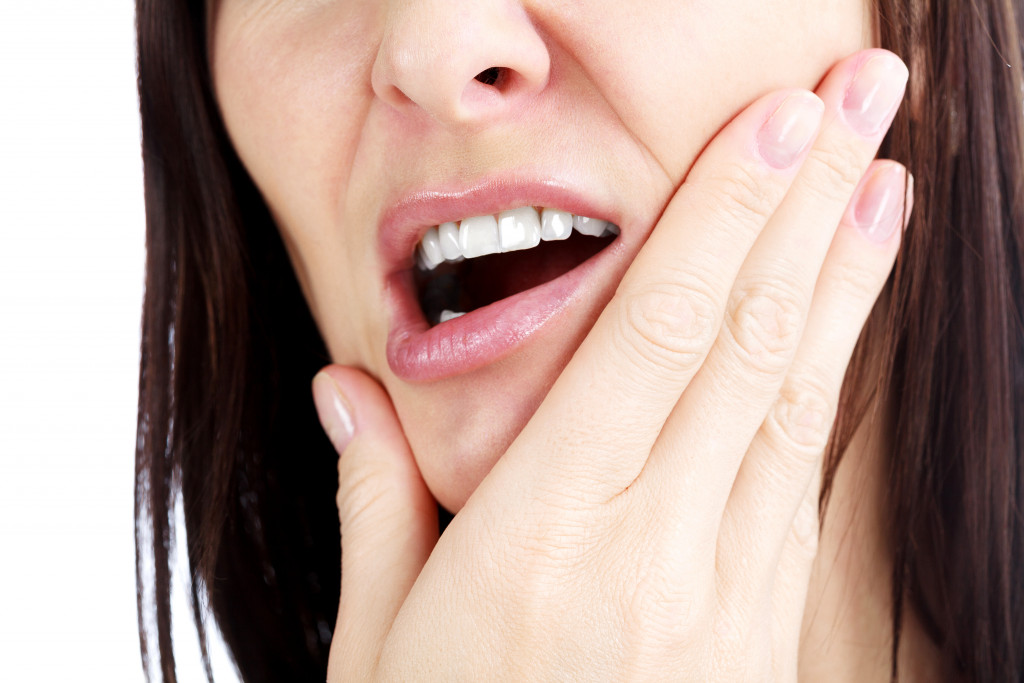• Tooth loss is common in the US, affecting 90% of adults ages 20-64.
• Poor self-esteem and confidence, anxiety, depression, loneliness, and isolation can all result from tooth loss.
• Cognitive impairments such as Alzheimer’s and dementia can also be caused by poor oral hygiene.
• Dental implants, proper oral care, and a healthy diet can help reduce tooth loss’s mental health impact.
• Seeking emotional support and staying positive are crucial for managing dental health and restoring confidence.
When you think of tooth loss, you often think about its physical implications on your everyday lives. You might also consider how it affects your ability to eat, speak, and even your overall appearance. However, tooth loss has a significant impact on your mental health as well. Here’s how tooth loss can affect your mental well-being and how to prevent it.
Tooth Loss in the U.S.
Tooth loss is a fairly common problem in the United States. It’s estimated that about 90% of adults aged 20 to 64 have tooth decay and have lost one tooth due to an oral health condition or injury. This means that millions of Americans live with missing teeth and can attest to the mental strain that comes with it.
Self-esteem and Confidence
One of tooth loss’s most significant mental health impacts is your self-esteem and confidence. When you lose teeth, it can alter your smile, which can make you feel embarrassed or self-conscious. This feeling can cause people to become withdrawn and avoid social situations, leading to a decline in mental health. However, options such as dental implants are available to restore one’s smile, which can help boost confidence levels and improve mental well-being.
Anxiety and Depression
Tooth loss can also cause anxiety and depression, particularly for those who have lost several teeth. Replacing those teeth can be daunting, and the financial cost can sometimes be overwhelming. For those individuals, it’s essential to seek professional help from a licensed therapist. They can support dealing with the anxiety and depression that often accompanies tooth loss.

Loneliness and Isolation
Tooth loss can also lead to loneliness and isolation. People who are embarrassed about their teeth or how their smile looks may avoid social situations. Over time, this can lead to isolation and loneliness, mainly if the individual hesitates to seek dental treatment. Overcoming this stigma and reaching out to others for support is essential for mental health.
Cognitive Impairments
Interestingly, tooth loss can also affect your cognitive function. Recent studies have shown the connection between gum disease and dementia. People who have lost teeth, mainly due to gum disease, are far more likely to develop cognitive impairments such as Alzheimer’s and dementia. Maintaining strong oral health to reduce the risk of developing cognitive impairments is important.
Pain
Lastly, the pain of tooth loss can also have a significant mental health impact. People with missing teeth can suffer from persistent pain, particularly if the underlying cause of their tooth loss is untreated gum disease. This pain can be debilitating and leave people feeling anxious and depressed.
Dealing With Tooth Loss
Tooth loss is a serious issue, but it doesn’t have to take a toll on your mental health. Here are ways to deal with it:
Get Implants
Having implants can help restore and improve your mental health. A fake tooth can help improve your smile, boosting confidence and restoring normalcy. It’s made of a titanium post that goes into the jawbone and provides permanent support to the fake tooth.

Take Care of Your Remaining Teeth
If you’ve lost a tooth, it’s essential to take extra care of the teeth that remain. Brush and floss regularly, and consider using specialized toothpaste and mouthwashes to minimize your risk of developing gum disease or other dental issues. Your dentist can recommend specific products and techniques that suit your unique dental needs.
Maintain a Healthy Diet
Your diet is critical in maintaining strong, healthy teeth and gums. Avoid sugary and acidic foods, as they can contribute to decay and other dental problems. Instead, focus on eating a balanced diet with plenty of fruits, vegetables, and whole grains. Your dentist can provide additional guidance on adjusting your diet in light of tooth loss or other dental concerns.
Seek Emotional Support
Dealing with tooth loss can be a challenging and emotional experience. It’s important to seek emotional support from family, friends, or a therapist or counselor. Remember that you’re not alone; many people have dealt with similar issues. Stay positive and focus on managing your dental health and maintaining a confident, healthy smile.
Tooth loss is an unfortunate reality for many Americans. While there are physical implications, it’s just as important to consider the mental health impact of tooth loss. Taking steps to prevent it and seeking the necessary treatments can help improve your mental well-being and overall quality of life. You can restore your smile and confidence with the right approach and support.




